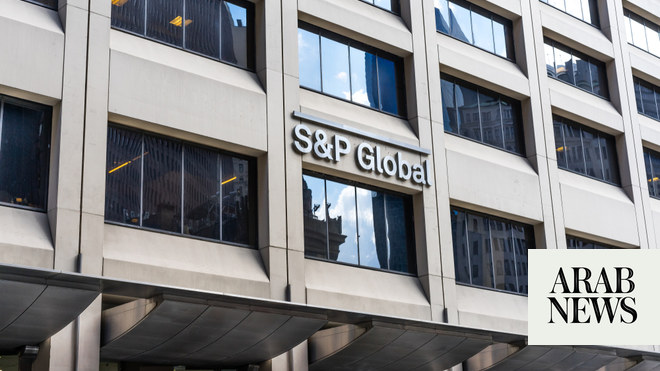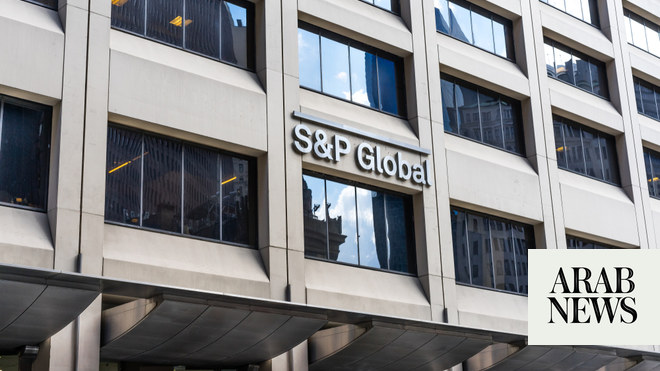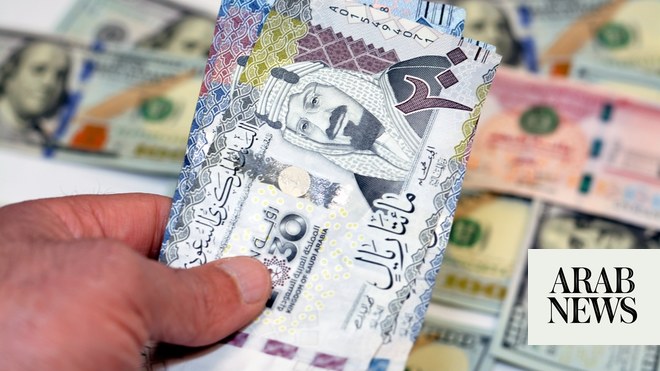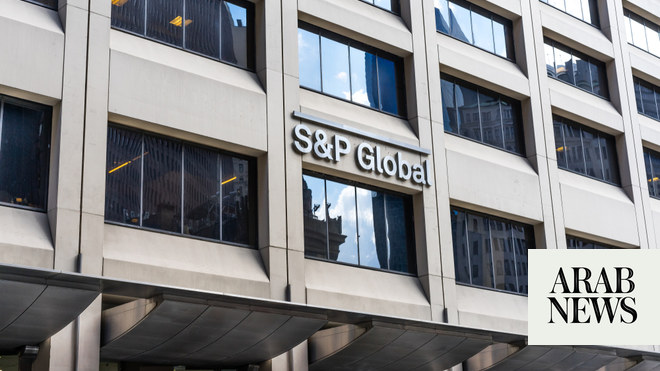
RIYADH: Despite less favorable operating conditions, banks in the Gulf Cooperation Council region are expected to maintain their resilience thanks to ongoing economic diversification efforts, according to a report by S&P Global.
The credit rating agency believes the combination of higher interest rates and production cuts by the Organization of the Petroleum Exporting Countries is expected to restrain near-term growth prospects for the major GCC economies.
Nevertheless, non-oil growth is anticipated to help the region’s economies, such as Saudi Arabia and the UAE, in maintaining their growth trajectory.
“Despite a slight deterioration in asset quality indicators and an increase in the cost of risk, we expect GCC banks will report stronger profitability in 2023. This is because of higher net interest margins and generally lower-cost business models,” said S&P Global Ratings credit analyst Zeina Nasreddine.
The financial company further pointed out that the anticipated increase in interest rates is projected to soften the total lending growth of Saudi banks to about 10 percent in 2023, down from the 14 percent recorded a year earlier.
According to the report, the Kingdom’s Vision 2030 program will give banks a higher return on assets compared to other GCC peers.
S&P Global anticipates that Saudi banks will attain an ROA of 2.2 percent in 2023, surpassing the GCC average of 1.8 percent.
“Saudi banks’ asset quality metrics will remain better than the peer average, due to a high exposure to government-backed mortgage lending,” it added.
UAE banks are poised to reap the benefits of robust non-oil GDP growth, which will help offset the negative effect of higher interest rates on credit expansion.
The rating agency projects that UAE banks’ credit growth will reach 7 percent in 2023, an increase from the 5 percent recorded in 2022.
Furthermore, S&P Global noted that the rise in interest rates is expected to curtail credit growth for Kuwaiti banks to about 3 percent, down from nearly 8 percent in 2022.
On the other hand, Qatari banks, unlike their GCC peers, will continue to experience a sharper decline in credit growth.
This is due to the timely completion of the country’s major infrastructure projects, which served as a significant driver of credit demand through contractors, in preparation for the 2022 FIFA World Cup.
As per the report, banks in Qatar are also anticipated to experience weakened asset quality metrics due to sluggish demand in the rental real estate market.












